- building, edifice
- house, dwelling, residence
- mansion, palace
- place of abode
The Pali dictionary suggests that ‘bhavana’ (भावना) refers to 'mental development' (lit. 'calling into existence, producing') in what in English is generally referred to 'meditation'. The Theravada School of Buddhism distinguishes two types of bhavana:
- development of tranquillity (samatha-bhāvanā), i.e. concentration (samādhi), and
- development of insight (vipassanā-bhāvanā), i.e. wisdom (paññā).
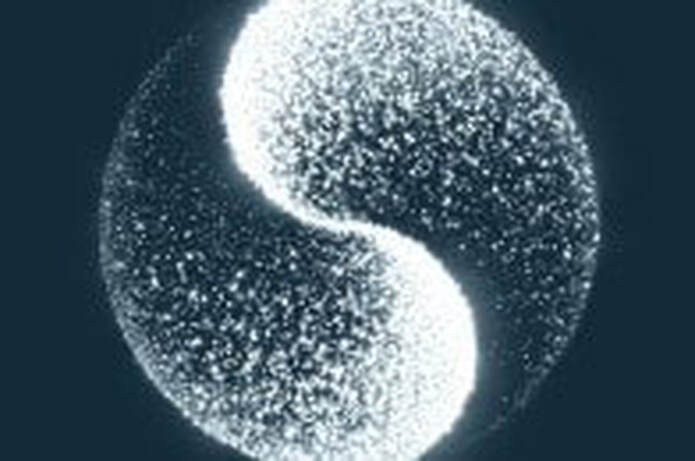
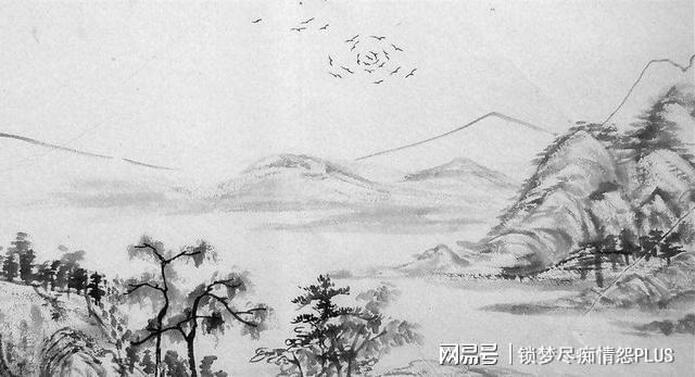
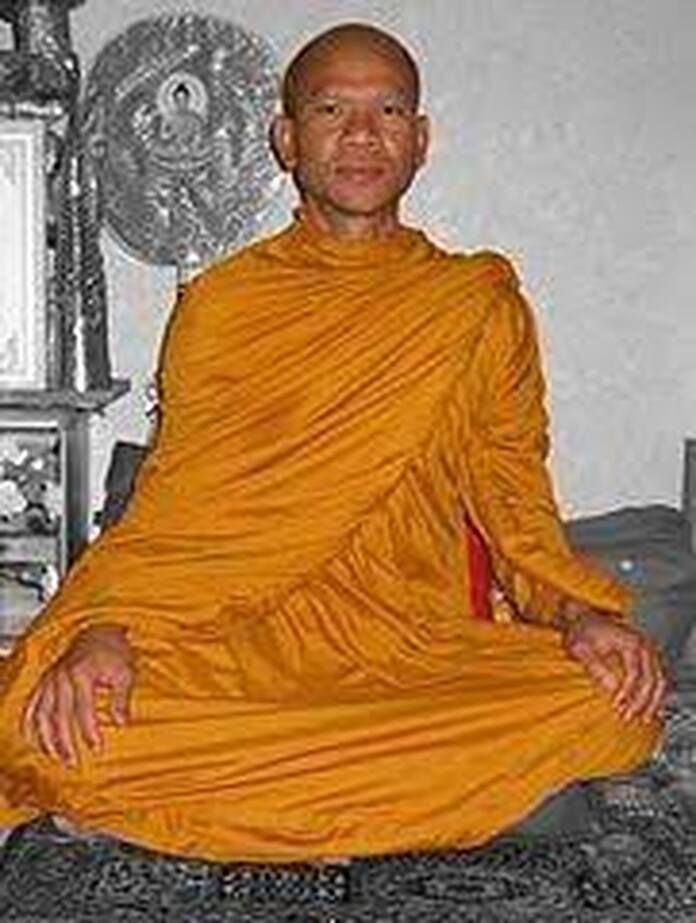



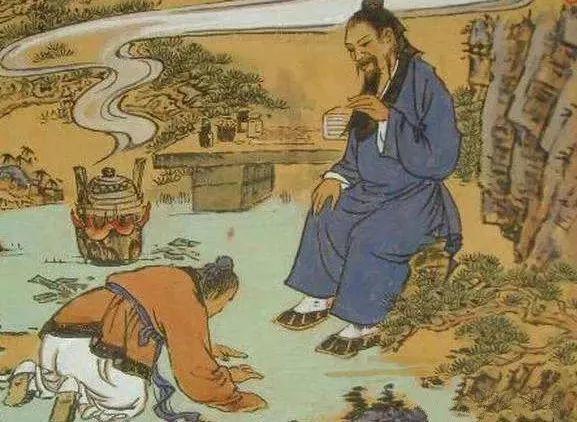



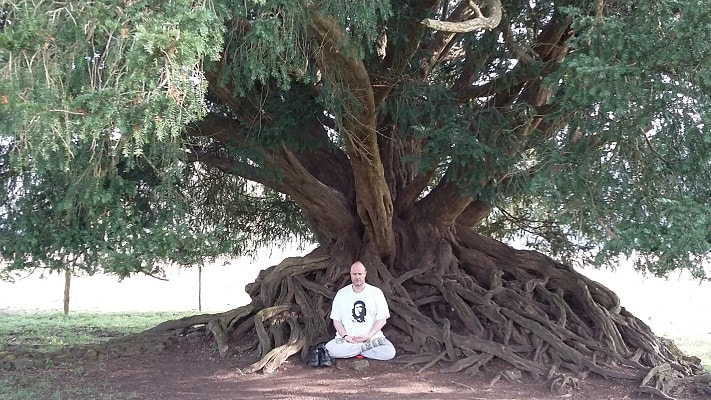
 RSS Feed
RSS Feed